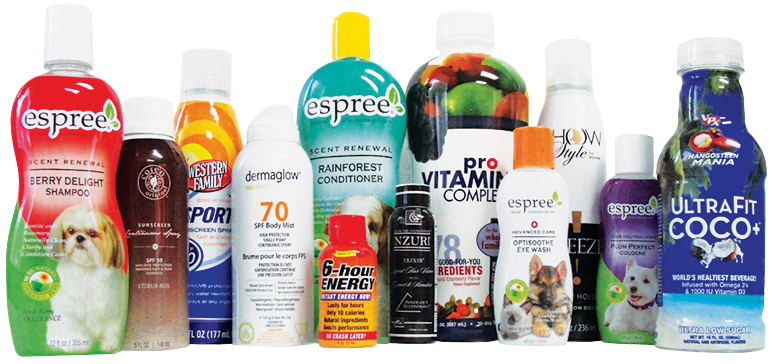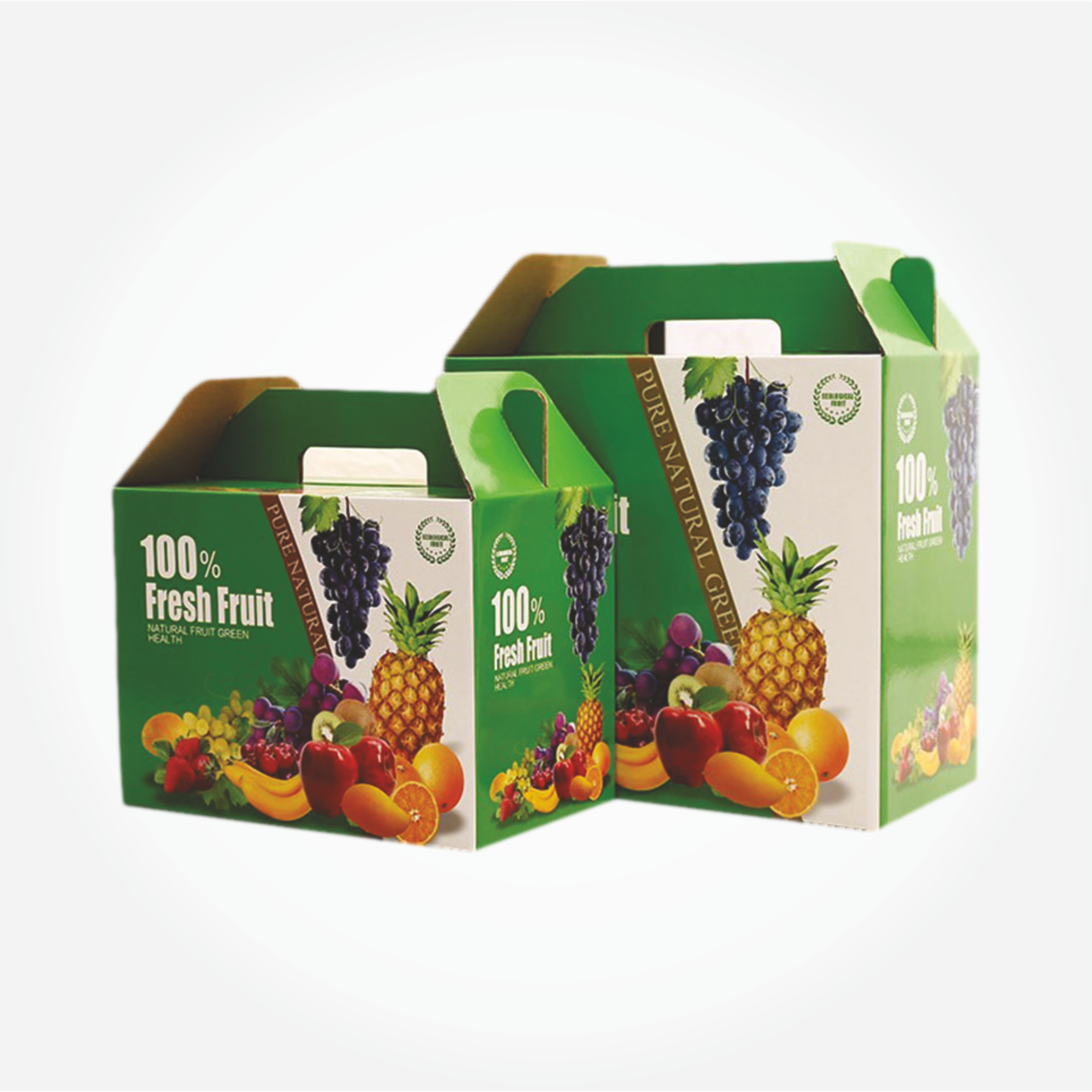Made in India: Printing inks from Seven-11 Industrie
Vapi-based Seven-11 Industries has pioneered indigenous manufacturing of printing inks for all flexible packaging needs. Amit Raval of Seven-11 Industries explains to Rahul Kumar how its high-quality products and reasonable pricing make it stand out
21 Apr 2023 | By Rahul Kumar
Based in Morai Industrial Estate, Vapi, Gujarat, is a printing ink manufacturer, which has pioneered indigenous manufacturing of water-based printing inks, liquid (solvent) inks, screen inks, and auxiliaries.
Seven-11 Industries manufactures flexo and gravure liquid ink. The formulation is designed to suit the end-users. The company’s inks can be used for BOPP surface printing, BOPP lamination, BOPP wrap-around labels; polyester lamination; polyethene surface printing; and different types of woven sack printing. The company also has water-based inks for corrugation, light cartons, and paper cups; HDPE PP HM LD for flexo; screen printing inks, and UV inks and UV overcoat varnishes and water-based overcoat varnishes.
Established in 1995, the company’s brand new 1.2-lakh-sqft manufacturing facility, which opened in April 2022, is strategically located close to several designated chemical manufacturing zones in South Gujarat, enabling fast and cost-effective procurement of raw materials. This has enabled the company to deliver competitive products, both in price and quality.
The company’s current production capacity is 250MT per month, and it hopes to reach 500 MT per month before the end of the year.
The market
According to Amit Raval, general manager, Seven-11 Industries, the technology used at Seven-11 is solvent-based and water-based printing inks. “The rotogravure and flexographic printing processes apply our inks on various printable, flexible films and papers,” Raval says. “Our products are aimed at all flexible packaging converters.”
Raval adds, “We have been in business since 1997. Our goal is to become a dominant player in this industry. Our overhead costs are relatively low, and our output is typically quite high. Our production method has been updated to incorporate and use new technology. An advantage in the market can be gained by timely delivery within one to three days to the client’s requirements. Because of this technique, we can maintain low prices, which is essential for satisfying our customers.”
Raval says for inks, customers are typically interested in a premium product with affordable cost, improved product quality, and prompt delivery of their orders.
He added that Seven-11 Industries has several premium products. These include water-based ink for ice-cream paper; water-based ink 2P paper cup; water-basedink for high-gloss label printing; HDPP ink for surface printing on laminated bags; and water-based ink for flexo and gravure printing.
The company’s Shrinkit brand is toluene-based as well as toluene-free ink for shrink PVC while the Nitrotemp is alcohol-based toluene-free surface printing inks for semi-rigid packaging. The Lamisac is a toluene-based PP extrusion laminations ink. The Nitrofresh is an alcohol-based toluene-free surface printing inkfor carry bags and general purpose. The Vintop is a toluene-based lamination inksuitable for reverse printing. The Nitropack is an alcohol-based toluene-free surface printing inkfor flexible packaging. The Addstar is an alcohol-based toluene-free surface printing inkfor laminated HDPP woven sacks.
Raval added that the company’s inks are used for surface printing, reverse lamination, extrusion lamination, and shrink sleeves. Other possibilities include reverse non-lamination.
The USP
According to Raval, the high quality of the company’s products and their reasonable pricing are the primary selling points.
“Our inks offer good colour strength on low gsm. They are odour-free, offerexcellent printability, and have excellent post-print properties,” he says.
He adds, “Our recent addition to the product line is an ink that is solvent-based which has been developed with the technical support who has excellent technical know-how as well as vast experience of solvent-based liquid ink technology.”
Best practices
According to Raval, on the shopfloor, the operator is responsible for measuring the weight of both the input components and the finished product throughout production. “Throughout the process of creating the ink, we perform checks on all of its parameters. We make immediate corrections to any deviations that are discovered in order to ensure that the final product meets the exact requirements laid out by our clients,” he says.
The printing ink production process floor consists of various hazards and risks.The job handling and work tasks in the printing ink production process floor are considered risky. Thus, according to Raval, it must be handled with extra care and alert to the safety requirement. “Thus, a safe work environment for the production workers is important. We provide machine guards, safety programme training, such as chemical spillage handling, emergency response training, safety showers, eye washes, first-aid kits, and provide appropriate personal protective equipment (PPE), and medical surveillance to the production workers,” he adds.
On the recent developments in the market. Raval says the current trend in the packaging and printing industry is biodegradable packaging, recyclable packaging, and toluene-free ink systems.
“Toluene has earned disrepute globally for its dangerous toxicological profile. The manifold adverse effects make it an issue related to consumer safety, occupational safety, and environmental safety. Furthermore, when printing with toluene-based inks, there is an immanent risk of residual toluene in packaging being transferred to the packed food and beverages which impacts the organoleptic properties of the product thus leading to food quality and safety as well as legal compliance issues,” Raval says.















 See All
See All